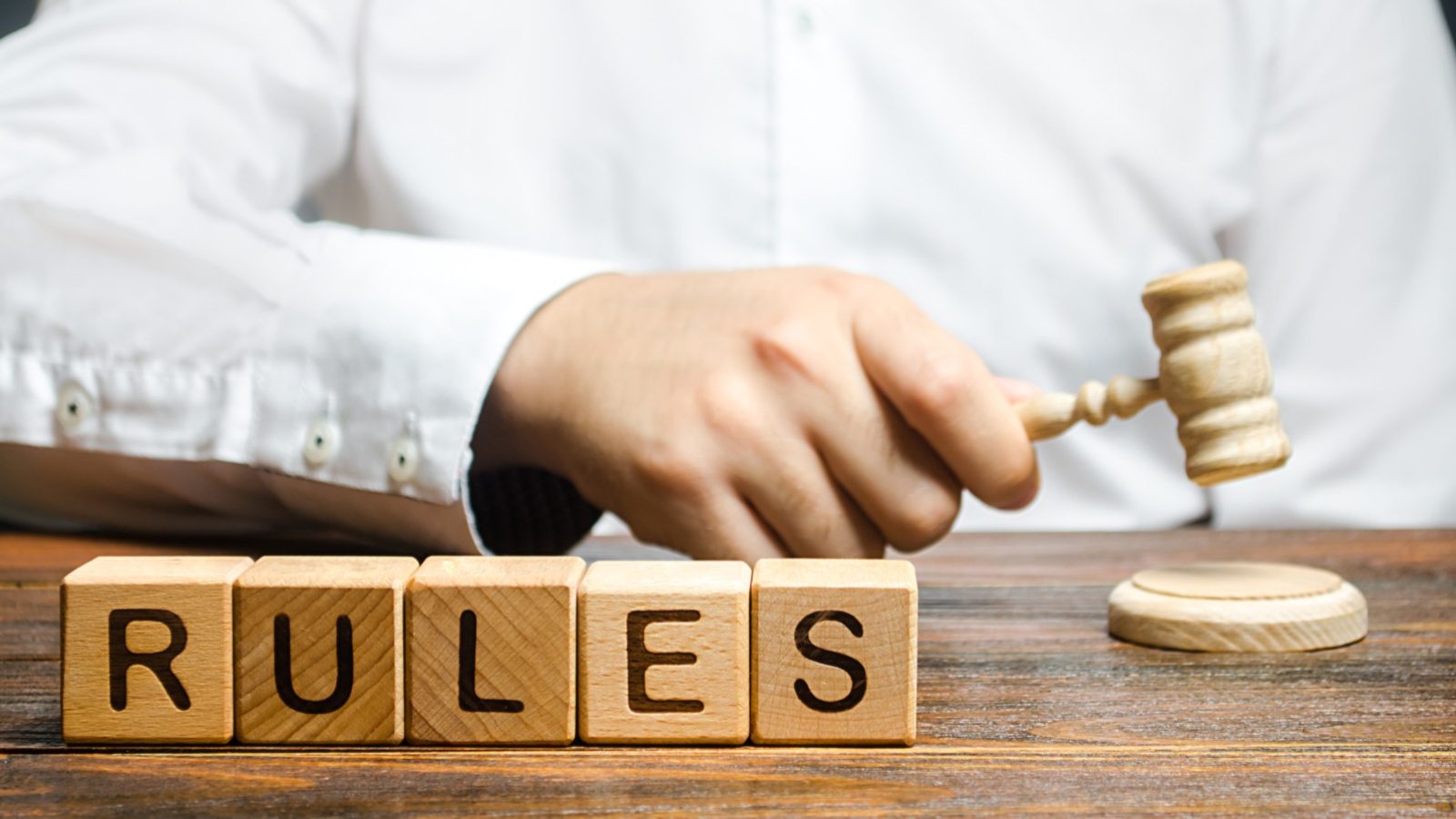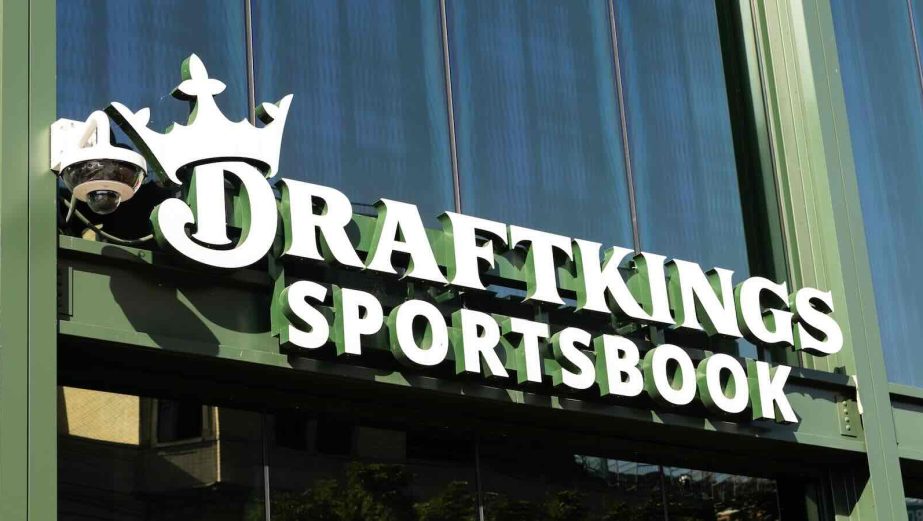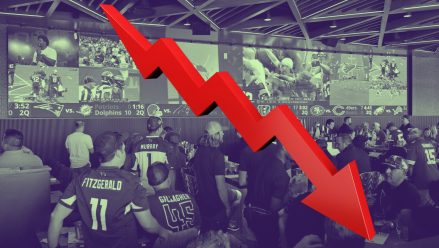Gambling Twitter has been a-twitter this week after DraftKings changed its terms and conditions, basically telling bettors not to bother rushing to the metaphorical window to get a bet down based on breaking news.
The full rule in the T&C that has caused this upset reads as follows:
Any bet(s) accepted by DraftKings at the time of or after an announcement has been made or information has been released where: (a) the announcement information affects the odds for the bet; and (b) the odds for the bet had not yet been updated on the DraftKings Platform to reflect the announcement or information. For example only, if an announcement is made that the starting running back of a football Game is not going to play in the Game, any bets on the backup running back accepted after such announcement was made, but before the odds on such backup running back have been updated on the DraftKings Platform to announcement is an Error.
In short: DraftKings is saying that if news breaks that changes the betting landscape — for example, say Saquon Barkley is a late scratch next Thursday night and you rush to successfully bet Will Shipley’s rushing yardage prop, which might be at 10.5, but will soon zoom to 65.5 once the DraftKings trading desk catches up — the sportsbook can call that bet an “error” and void it.
That’s why Gambling Twitter is a-twitter: It basically kills the idea of beating the book with fast fingers.
But here’s the thing: Most books have similar outs, if they choose to take them. DraftKings is just saying the quiet part out loud and stripping away the legalese.
“We did this to reduce customer questions and complaints,” a spokesman for the company told InGame. “The rules are now easier to reference.”
Same old story
Many other books go about this cruddy behavior without the plain English.
For instance, FanDuel’s house rules state (bold type is mine):
FanDuel Sportsbook makes every effort to ensure that it does not make any errors when accepting bets. However, if as a result of technical or system problems or human error, a bet is accepted that is at odds (which includes handicap provisions or similar) and/or is on terms that are either:
- materially different from those available in the general betting market at the time the bet was made; or
- clearly incorrect given the chance of the event occurring at the time the bet was made including, in either case, because the bet was placed after the start of an event, because the market was not displaying or reflecting in-play status, or because of any other reason, then the FanDuel Sportsbook reserves the right to either (i) correct any obvious errors by settling winning bets at the ‘correct price,’ as reasonably determined by FanDuel Sportsbook, or (ii) void any bet placed where such errors have occurred.
In short: FanDuel’s rules — which are more-or-less mimicked at Fanatics and Caesars, to name two — would certainly seem to cover the Barkley-to-Shipley situation. It would also seem to cover seemingly anything else FanDuel decides isn’t in their favor. That “any other reason” clause is imposing.
The sad reality is any bet you make, at any time, has the potential to be nixed for just about any reason. Of course, we’ve seen stories like this play out in the news, with regulatory bodies getting involved and the like.
So why so much upset over DraftKings’ change? Because it’s saying the quiet part out loud, specifying a certain type of bet in its example — and probably hoping because DK specified it, it would hold up in front of a regulatory body (or a judge and jury).
Same old song and dance
DraftKings’ rule change, while annoying, is really no different than before. The key difference, obviously, is the example given. Clearly, the company does not want to be taken to the cleaners as a result of not being quick enough on the draw to change odds in a market.
The question now isn’t whether DraftKings can do this — they can — but whether regulators will allow it should it ever reach their desks. I can practically hear the clock ticking at a future Massachusetts Gaming Commission hearing on this subject.
For bettors, the lesson is simple: The edge on late-breaking news isn’t yours at DraftKings. Not anymore, and maybe it never was.
And for the industry, the bottom line is just as clear: What DraftKings just did is show its work. And in this business, showing your work is almost always going to make people mad.







